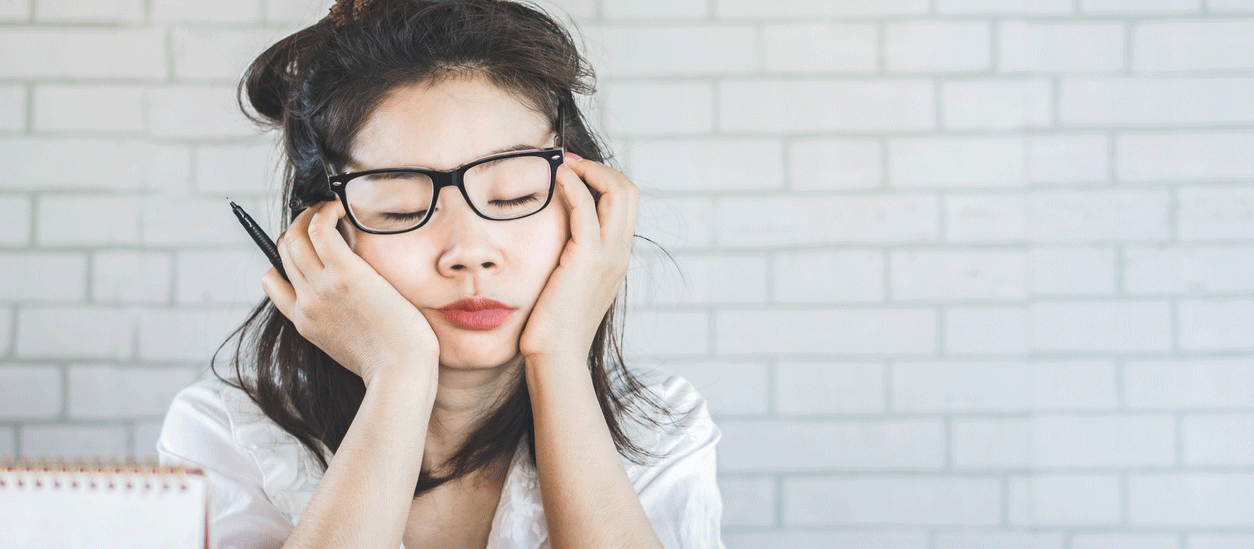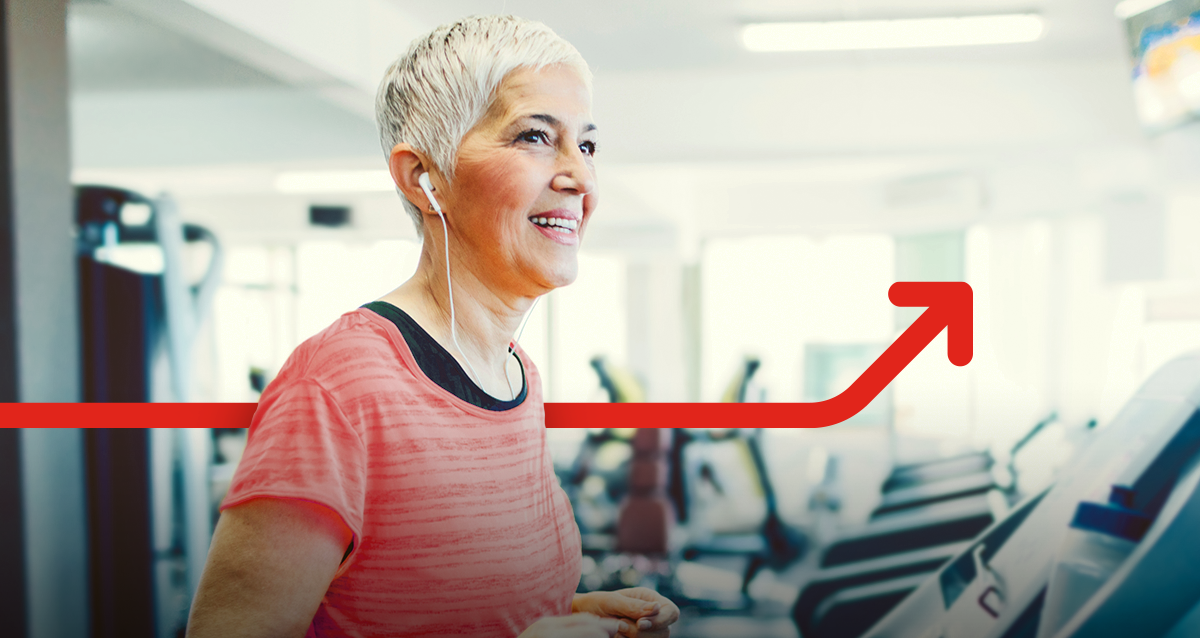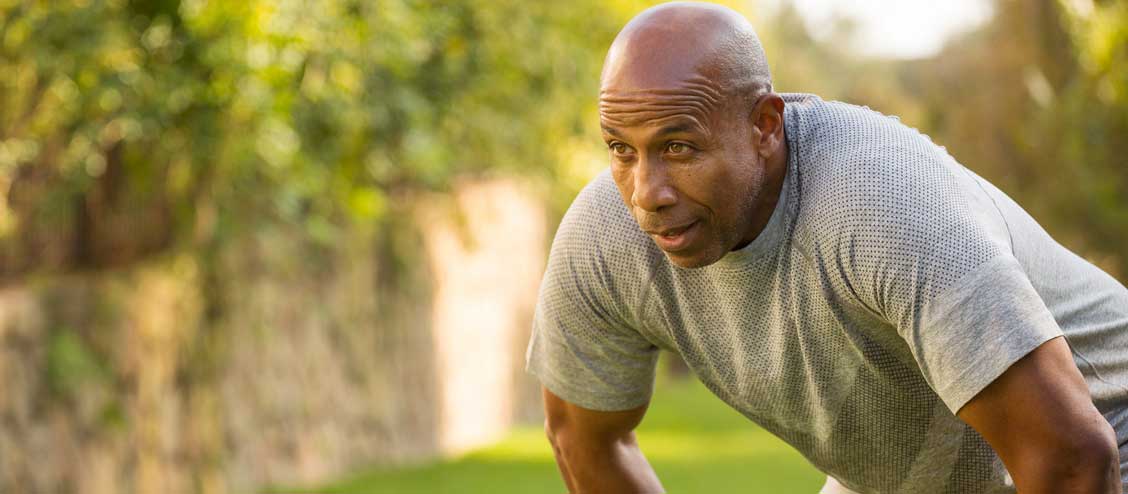What's Your Chronotype? It May Affect Your Health
December 17, 2020
I'm a "Morningness-Eveningness" type with a score of 51, but we'll get to that later. A recent a study in the Scandinavian Journal of Medicine & Science in Sports explores the roles of cellular clocks and chronotypes in our health and lifestyles and how it relates to movement.
According to the study, which was reported in The New York Times, our own body clocks may be linked to our physical activity habits. The study tracked daily movements of a large sample of early birds and night owls shows that knowing our chronotype might be important for our health. (There will be a link to a test you can take.)
Thanks to past research in this area we know our internal body clock, located in our brains, reacts to such things as ambient light, to determine what time it is and how our bodies should react. This clock determines the release of hormones, such as melatonin, and other chemicals that affect sleep, wakefulness, hunger and many other physiological systems.
How we're individually hardwired and how we react to this environmental signals determines our chronotype and generally fall into these three categories – morning, day or night.
Someone with a morning chronotype will naturally wake early; feel most alert and probably hungry in the morning; and be ready for bed before any late night TV shows come on. Day types may wake a bit later and experience peak alertness a few hours deeper into the day. And evening types rise as late as possible and remain awake well past dark.
Research shows that these chronotypes have a yearslong rhythm of their own, with most people staying on a morning or day chronotype when young, an evening version during adolescence and young adulthood, and a return to a day or morning type by middle age. But some people remain night owls lifelong.
Chronotypes and Health
In past studies, people identified as evening types were more likely to develop heart disease, obesity, diabetes and other metabolic conditions than people with other chronotypes. They also tended to exercise less and sit far more, which some researchers suspect contributes to their risks for health problems.
But these studies were typically done by recollection. The new study was done with a group 6,000 residents living in the same area of Finland. They were all given activity trackers and asked to wear it for two weeks, providing objective data about their physical activities. Then the scientists compared how people moved with how their internal clocks clicked.
And they found that among both men and women, the morning types and many of the day types moved significantly more than the evening types, even when the researchers controlled for people’s health, professions, socioeconomic status and other factors. Little of this extra activity seemed to be formal exercise, the scientists calculated, based on how much energy the volunteers expended. But it added up. For morning men, the difference amounted to about 30 minutes more of walking each day and for women, about 20 minutes more than among night owls.
The study is observational and does not show that our chronotypes cause us to move more or less, only that the two issues are related. Want to find out what type you are? Here's the link promised earlier: CHRONOTYPE.
.png?width=258&height=54&name=Landice_logo%20(1).png)



